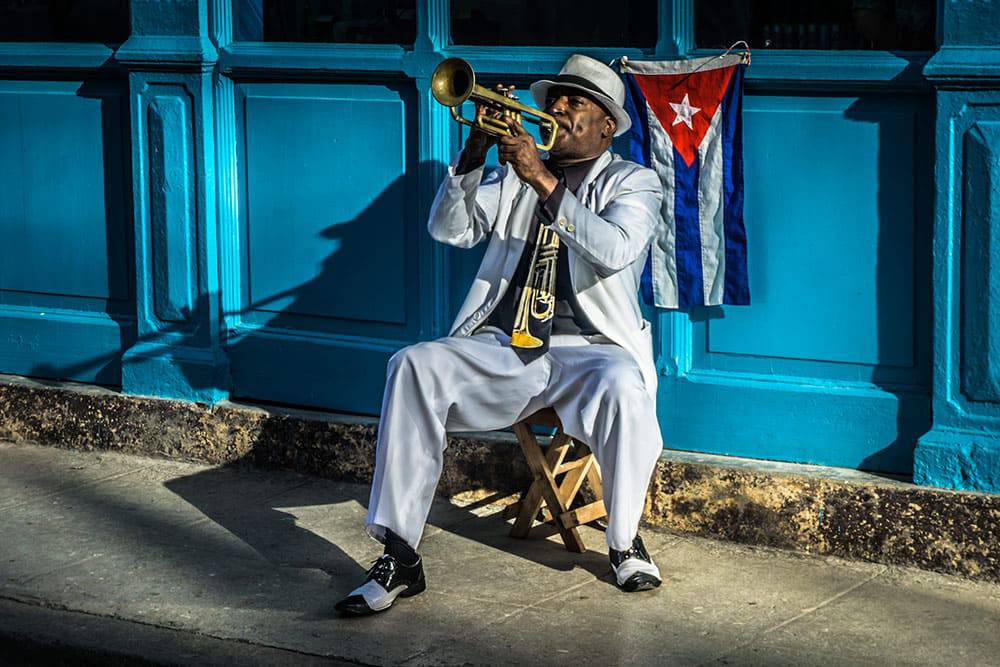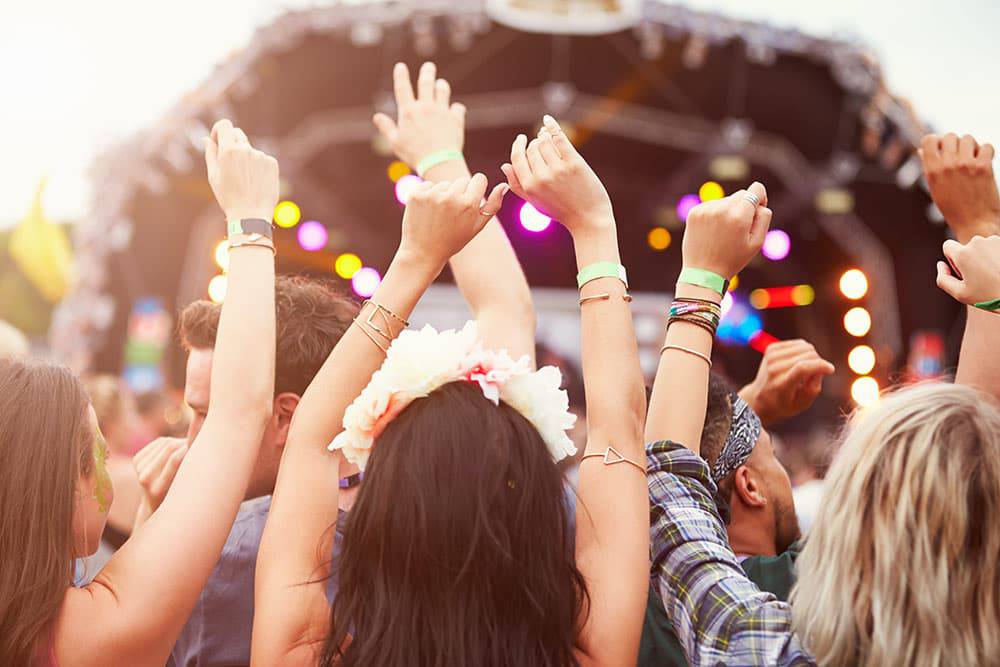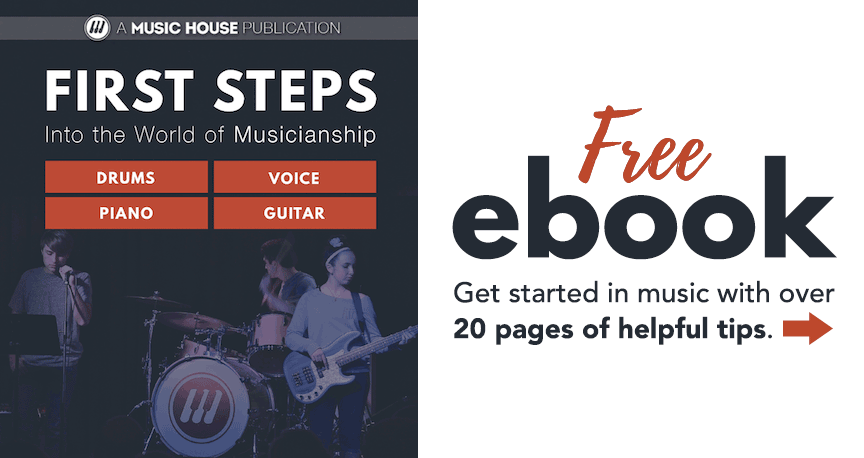How Music and Culture Work Together: Science Behind Music

Why are music and singing such a powerful social glue? Most people hear music right after they're born, usually via lullabies, as well as most of the momentous occasions in our lives, from weddings to graduations to funerals. Something about music brings people closer together and helps us all pull together as a community.
There's no question that humans are hardwired for music. Researchers have discovered recently that part of our brain is dedicated to processing music. This supports the theory that music serves an essential function in our life.
It has been shown in many studies that listening to music with lyrics has a direct impact on the neurochemicals in our brain. Many of these neurochemicals play a role in feeling close and connected to others.
The most recent research suggests that singing or playing music together might help bring people together via the release of endorphins.
The Power of Music
Music is something that's pretty much exclusive to the human race. It's a human activity and part of every culture in the world. After all, humans are social animals for a good reason. When people cooperate within groups, stuff gets done.
Basically, when people join together and use their unique skills, talents, and knowledge for a more significant cause, much can be accomplished.
For example, no single individual alone can create a rocket, fly to the moon, and then come back down to earth. It took a great many people to achieve this feat, and America realized this fact.
With all that being said, it's now easier to understand how music and culture can come together. Culture is a means of ensuring stability and survival for society, and music works towards that goal by bringing people together.
The Relation of Music to Culture
Keep in mind that the function of music is to ensure the survival of the group.
You can almost think of music as a database for storing all of the following:
- shared knowledge (including a common language for communication)
- means of subsistence
- how to govern
This all represents the essential components of culture that guarantee society's needs are met to ensure continued growth and prosperity.
Music also connects in other ways with each domain of culture. For example, an obvious one is how the language of popular song lyrics always reflects the majority language of the group. In the US, economics and music are a big deal. Corporations have control over 70% of the music industry, and they define success by dollar values. This has a huge effect on the music that’s produced.

How Music Brings us all Together
Music is a universal facet of our existence. It doesn't matter where you look. From big cities to remote villages, to dry deserts to soggy rainforests, from the peak of the Himalayas, music has always been a crucial part of daily life for people all over the world.
Throughout history, each culture has created music, and each community uses that music to define itself. It then becomes inseparable for both individuals and communities.
There are three main ways that music and culture come together in perfect harmony. They occur within cultures as well as across cultural boundaries:
-
Sharing Emotions Through Music
Everyone knows that music can be (and often is) an inherently emotional experience. The spectrum of emotions is vast. It can make us cry, laugh, become angry, feel nostalgic, help us sleep, or even help us party.
Every artist pours their emotions into their music, which allows them to bring their fans along for the ride. It doesn't matter how many fans there are. Whether it be 10 or 10 million, they will all experience the same kind of emotional journey.
This shared journey can also be another way that music brings us together. These emotional aspects are more universal than people might have thought.
In one study, people were told to listen to 14-second snippets of songs from tiny communities around the world and point out the song's purpose. The purpose could be defined as a dancing song, a love song, a lullaby, etc. In a surprisingly high number of cases, the people correctly chose the purpose, even though these songs were from foreign cultures.
-
Music Is an Activity That Promotes Bonding Over an Experience
These days when digital music is so prevalent, live events are all the more valuable for people to enjoy person-to-person interactions. Many people still remember that fantastic concert they went to with their friends, and some of them will even remember somebody they met at a show who became a friend.
Concerts are also a special place where people from all walks of life interact with each other. Everyone from all races, religions, and backgrounds can set aside their differences and sing and dance together in peace.
One example of this principle on a large scale is the Eurovision Song Contest, hosted by Tel Aviv in May 2019. People worldwide came together for this musical event, and over 200 million people viewed the finale. These experiences tend to stay with us, and later when we hear the song that was played at the concert, they bring back the experiences and emotions we had there.
-
Music Is a Highway of Shared Experiences
Music is an essential element of culture. Sharing music from one culture to another gives people an insight into another way of life. This is even more crucial during times of conflict when other methods of interaction are rendered impractical.
The relationship between culture and music can be simplified: culture helps to ensure people's survival, and music helps work towards that goal by bringing people together.
The major caveat here is that these days it mostly only applies to small rural communities. This doesn't apply as much in large urbanized locations.
So can music and culture come together in perfect harmony? Yes, but it works best in small group settings. This is how Music House can serve the community by bringing music and culture together in our community classes.

